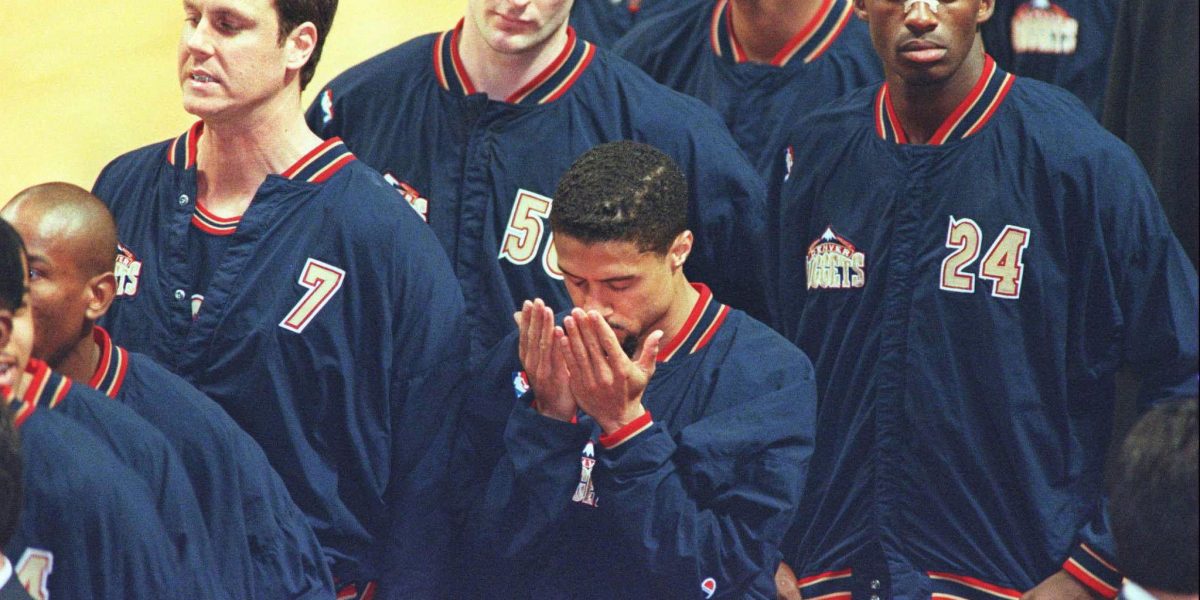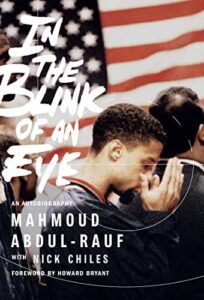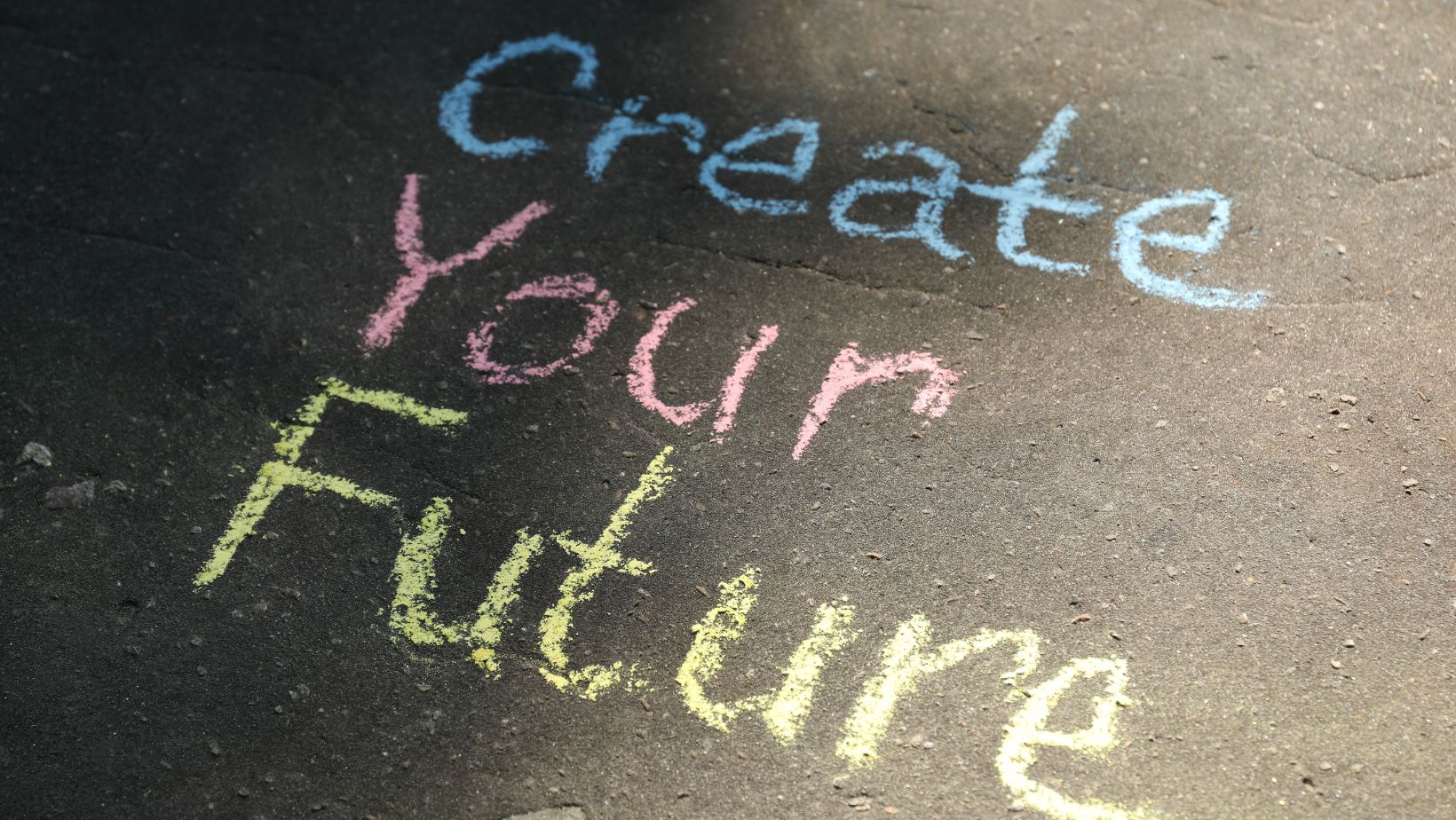Mahmoud Abdul Rauf
You would be hard-pressed to find someone in America unfamiliar with the name Colin Kaepernick, but does the name Mahmoud Abdul ring a bell?
Colin Kaepernick, the quarterback-turned-activist was the center of much dialogue in 2016 for his actions to protest racial injustice and police brutality. During that season, Kaepernick took a knee during the playing of the national anthem; however, the ramifications of his actions were not confined to the football field. On March 20, 2017, President Donald Trump, at a rally in Louisville, KY, bragged about his role in getting the NFL owners to blackball Kaepernick, ending not only the quarterback’s career but weaponizing the sports world as a political tool. However, historians of social justice activism realize that this is not the first time an athlete has been targeted for political gain. That is because these folks remember Mahmoud Abdul Rauf.
Friend of the Teen Think Tank Project
Mahmoud Abdul Rauf is a former NCAA All-American, LSU Hall of Famer, and NBA lottery pick. Still, he is perhaps best known for his social justice activism that cost him his career in the late 1990s. It is his commitment to social justice, self-betterment, education, and systemic reform that makes him not only an inspiration to our teen change agents but a friend of the Teen Think Tank Project.
High School Basketball Star
Mahmoud Abdul Rauf was born “Chris Jackson” in 1969 and raised by a single mother in Gulfport, Mississippi. Mahmoud discovered his passion for basketball during middle school. Still, it wasn’t until a coach saw him playing basketball during lunchtime in the playground that he officially begin his journey to the NBA. Despite picking up the game later than most players, he was named Mississippi’s Mr. Basketball. Mahmoud received the honor bestowed upon the best high school basketball player in each state not once but twice (1987 and 1988). These accolades earned him a scholarship to Louisiana State University (LSU).
An NCAA All-American
While at LSU, Mahmoud continued to excel on the court. His record-breaking performances included a 53-point game against Florida. During his freshman year, he played 32 games, averaging more than 30 points per game and earned SEC Player of the Year honors. However, Mahmoud struggled academically as he suffered from Tourette’s Syndrome, a neurological disorder that was not diagnosed until he was 17. It was during this time that legendary LSU basketball coach Dale Brown, an avid reader, gave Mahmoud the Autobiography of Malcolm X. This gesture would be a seminal moment in Mahmoud’s life, personally and professionally.
From Chris Jackson to Mahmoud Abdul Rauf
In 1990, the Denver Nuggets drafted Mahmoud Abdul Rauf with the number three overall pick. Mahmoud continued to excel on the court as a pro, being named to NBA’s All-Rookie Second Team. Despite having a rocky second year, Mahmoud rebounded and was named the NBA’s Most Improved Player in his third year. During this period in the NBA, Mahmoud converted to Islam (1991). He changed his name from Chris Jackson to Mahmoud Abdul Rauf (1993), which loosely translates to “elegant and praiseworthy, most merciful, most kind.”
Abdul Rauf's Silent Protest
Abdul Rauf, who led a quiet existence during his early days in Denver, had become the target of much consternation and criticism from society at large during his sixth and final season with the Nuggets. A season where not only his career but his entire life would take a radical turn.
During the 1995-1996 NBA season, Mahmoud refused to stand for the playing of the national anthem. At first, Abdul Rauf’s silent protest went unnoticed as he would usually just quietly continue his stretching routine or stay in the locker room. It wasn’t until a local reporter pressed Abdul Rauf about his actions did he vocalize his position by stating that the “American flag was a symbol of oppression, of tyranny. This country has a long history of that. I don’t think you can argue the facts. You can’t be for God and for oppression.”
Backlash and Fallout
The stance not only garnered much negative attention from the media and fans around the league, but it also ended his career. In addition to being fined and suspended for one game, Mahmoud received death threats from fans around the country. He was traded before the next season to Sacramento where he languished for two seasons before being vanquished to Europe for a year before his 2000-2001 comeback attempt was derailed, much impart due to the Islamophobia that was a by-product of 9/11.
Mahmoud's Legacy
Twenty years before Colin Kaepernick generate headlines and was the topic of much political and racist rhetoric from those across the country (including President Donald Trump), Mahmoud Abdul Rauf took a stance for something he believed in and paid the price, dearly. While many people have forgotten the trials and tribulations that Mahmoud had to endure in the name of social justice activism, it is important to remember that he helped pave the way for athletes like Colin Kaepernick to stand up for what they believe in, even when it comes at a tremendous cost, both emotionally and financially.
In the Blink of an Eye
Today Mahmoud is a well-respected and honored educator social justice activist, and speaker. He routinely delivers speeches and presentations detailing his life as a devout Muslim, as well as the obstacles and prejudices he has endured during his life and career. Most recently, he has chronicled his life and journey is his autobiography In the Blink of an Eye, which is published by Kaepernick Publishing, owned by none other than Colin Kaepernick.
To learn more about Mahmoud Abdul Rauf and his journey from basketball star to social justice activist, we suggest you check out his autobiography, which will be released in October 2022. The book is available on Amazon.com and at Barnes & Noble.
To see the impact that he had on our teen change agents, check out our Change Agent Academy’s 2021 Winter Research Cohort’s policy framework presentation addressing sports and social protest.






